What is Millimeter Wave Technology and Why It Matters?
High
Bandwidth
Low
Latency
Compact
Antennas
Use in
Imaging & Sensing
Where does mmWave Excel?
5G Networks & Wireless Backhaul
Medical Imaging
Radar System
Space & Satellite
Advanced Sensing by mmWave Radar
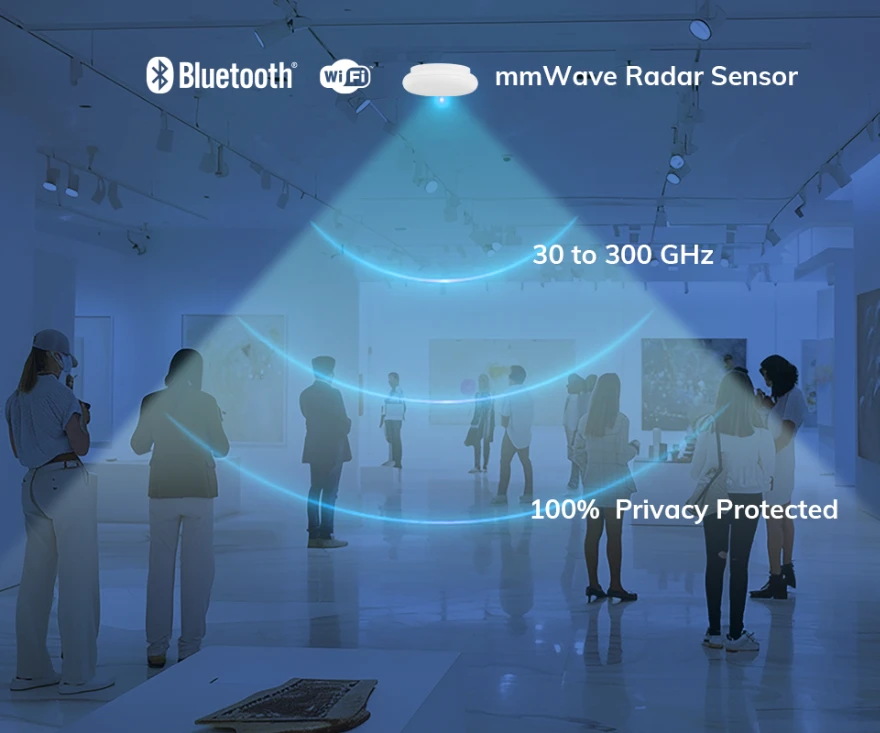
Why mmWave Radar?
Ultra-high Resolution
All-weather Reliability
Privacy Protected
Strong Penetration
Robust Interference Immunity
Non-contact Sensing
Usage of mmWave Radar
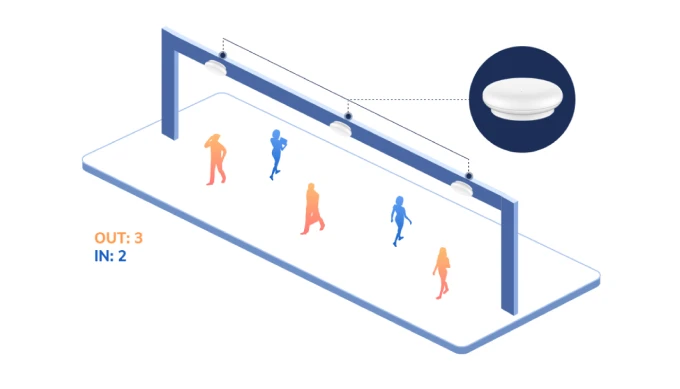
Presence Detection & People Counting
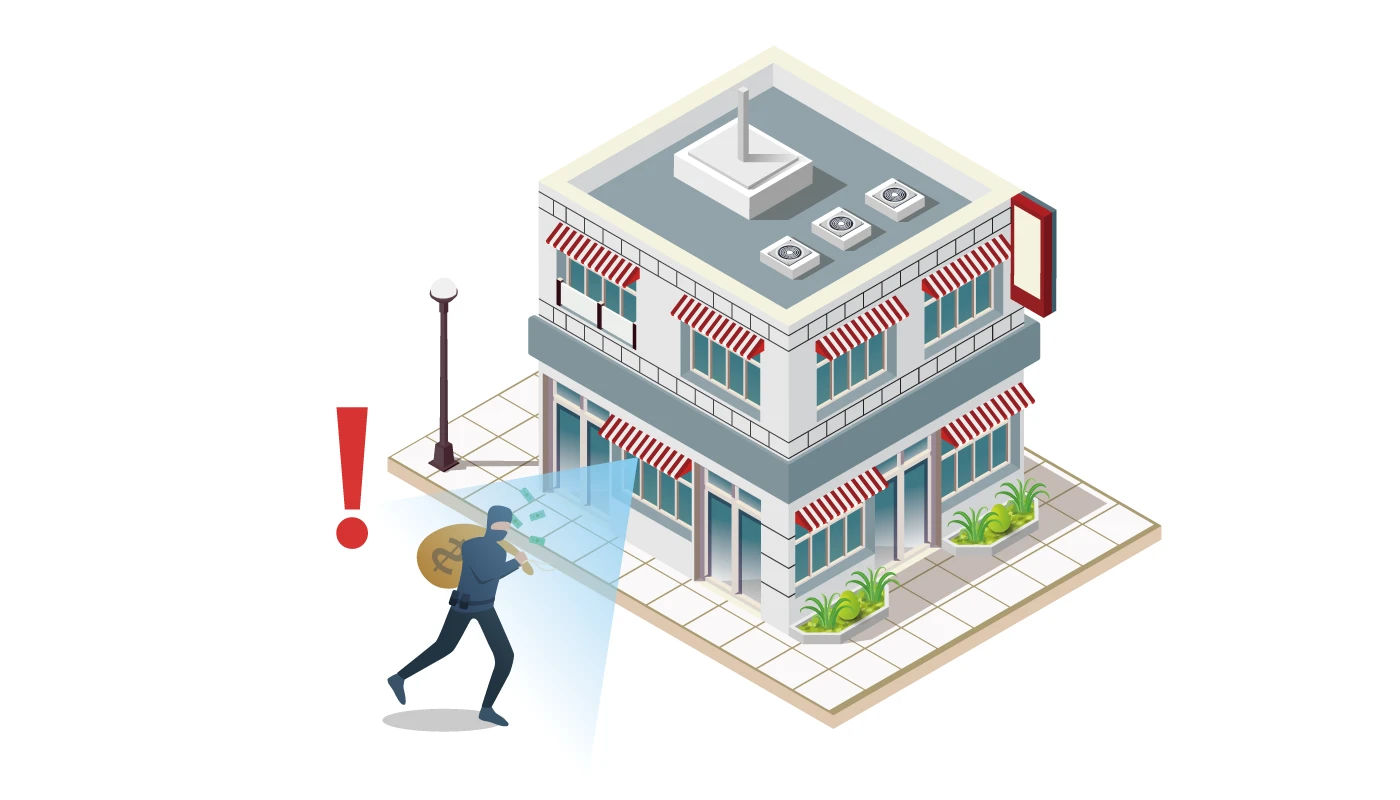
Security Control

Industrial Automation
Sensing Technologies Overview
| mmWave Radar | Infrared Sensor | Camera | Ultrasonic Radar | LiDAR | |
| Sensing Mechanism | Electromagnetic waves | Infrared radiation | Visible light | Ultrasonic waves | Laser beams |
| Impact of Ambient Temperature | Unaffected | Affected above 40°C | Unaffected | Unaffected | Unaffected |
| Penetration Capability | Can penetrate non-metal objects | No penetration capability | No penetration capability | No penetration capability | Limited penetration capability |
| Applicable Environment | Any environment | Unsuitable for smoky or high-temp environments | Requires good lighting | Any environment | Reduced performance in dust, fog, rain |
| Stability | Stable and reliable | Detection range decreases over time | Heavily affected by environment | Relatively stable | Relatively stable |
| Detection Range | 0–100 meters | Up to 10 meters | Depends on optical lens | Up to 5 meters | 0–150 meters |
| Cost | Moderate | Relatively low | Relatively high | Relatively low | High |
Start Your Sensing Project Now
About Us
Innovator and manufacturer in IoT devices
- 18 +Years of Customized Service
- 108,000 ft²Workshop
- 300 +Successful Cases
- 200 +Patents and Certifications

FAQ
-
What is the difference between radar and millimeter wave radar?
Radar is a broad term for systems that use radio waves to detect objects and measure their distance, speed, and direction. Millimeter wave (mmWave) radar is a type of radar that operates specifically in the millimeter-wave frequency band, typically between 30 GHz and 300 GHz, offering higher resolution and accuracy due to shorter wavelengths.
-
What is the range of the mmWave radar sensor?
The detection range of mmWave radar sensors varies based on their design and application.
-
What are the advantages of millimeter wave radar?
Millimeter wave radar offers high resolution, compact size, robust performance in harsh conditions, privacy protection by avoiding image capture, and non-contact sensing ideal for smart offices and smart hotels.
-
What are the disadvantages of mmWave?
Despite their advantages, mmWave radars are limited by their need for line-of-sight, reduced performance in rain, and weaker object classification compared to optical sensors.
-
Is mmWave worth it?
Yes, mmWave radar is valuable for applications requiring precise, non-contact sensing in various environmental conditions. Its ability to provide accurate measurements without compromising privacy makes it suitable for occupancy detection, space optimization, security control, and smart home devices.





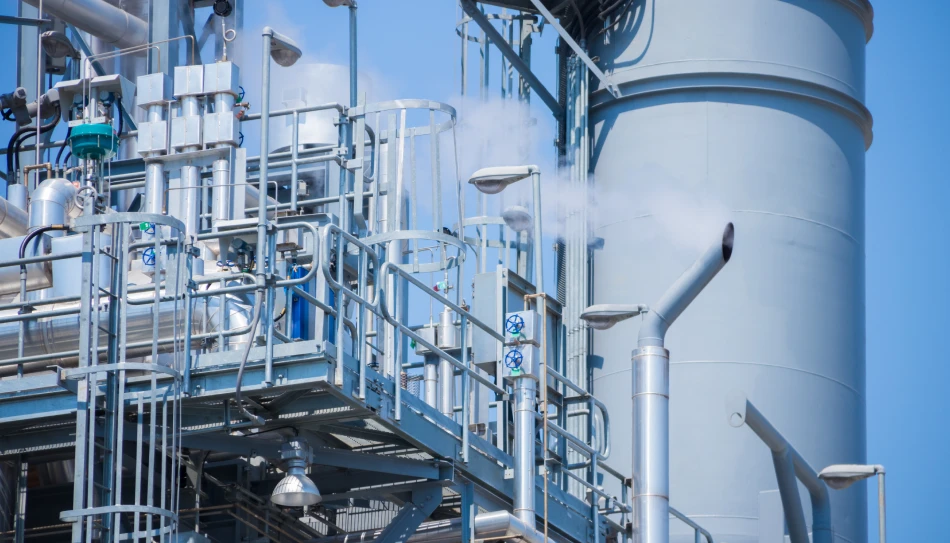

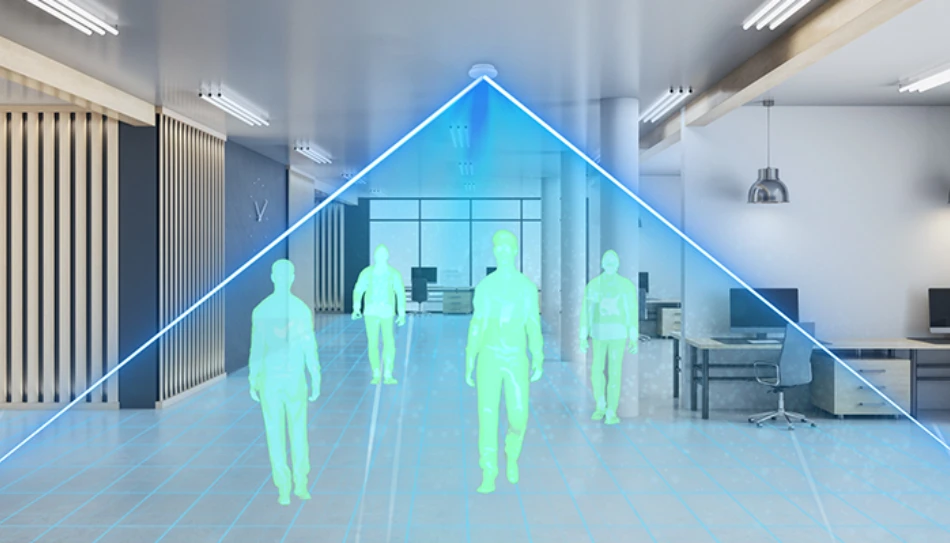
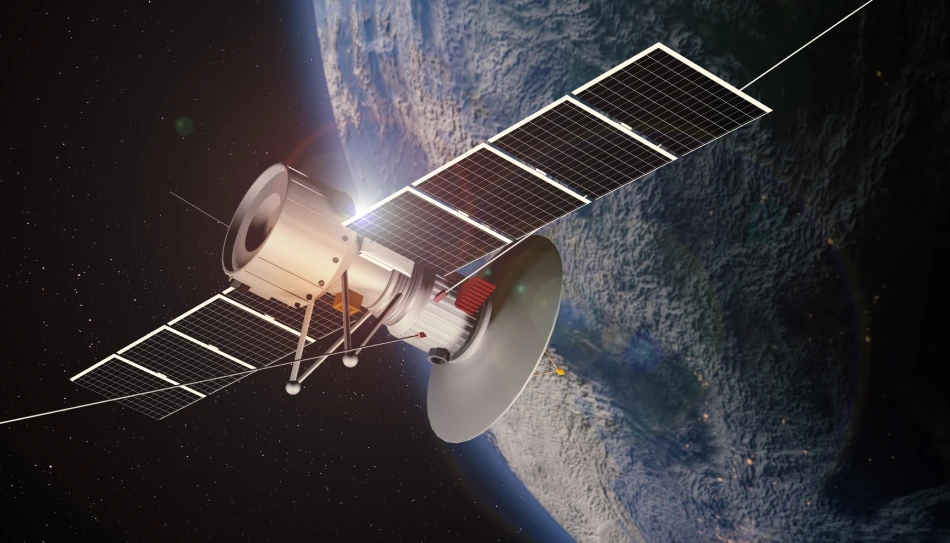
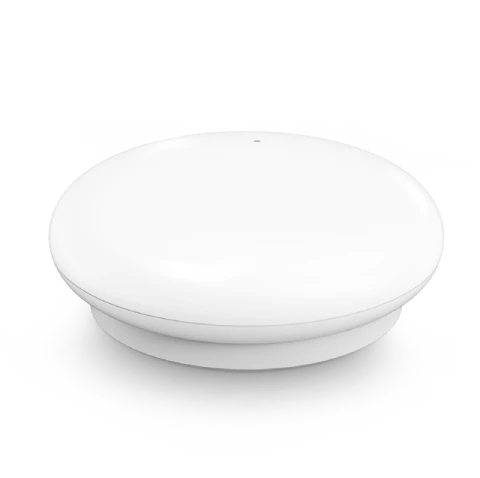
 Chat now
Chat now